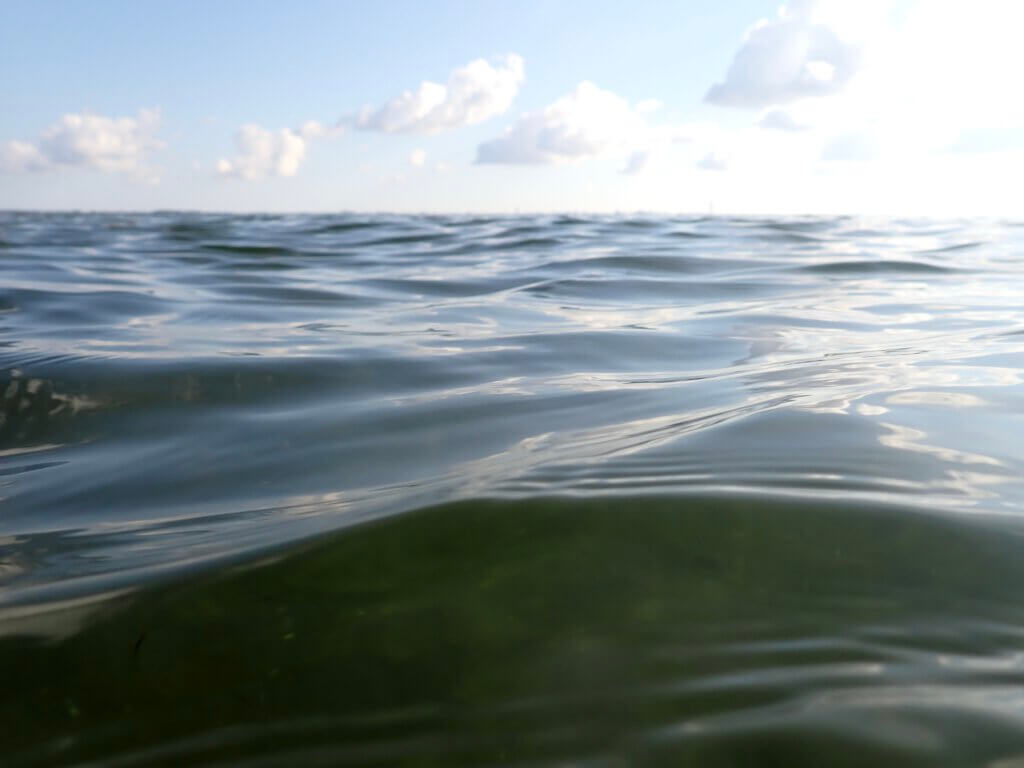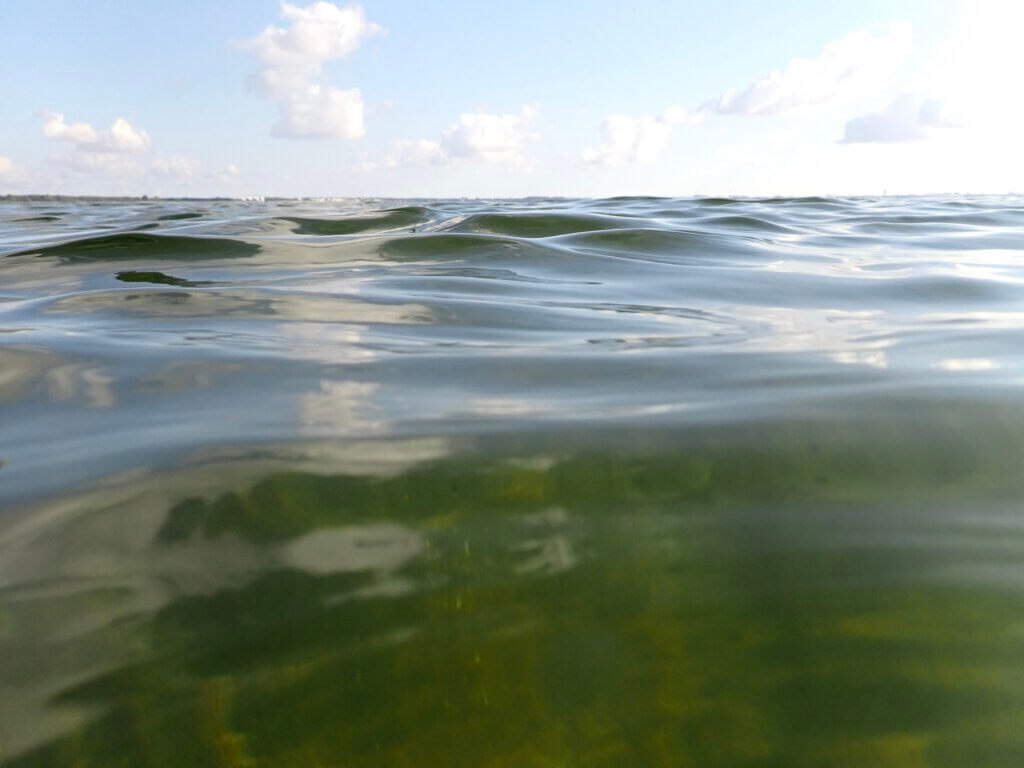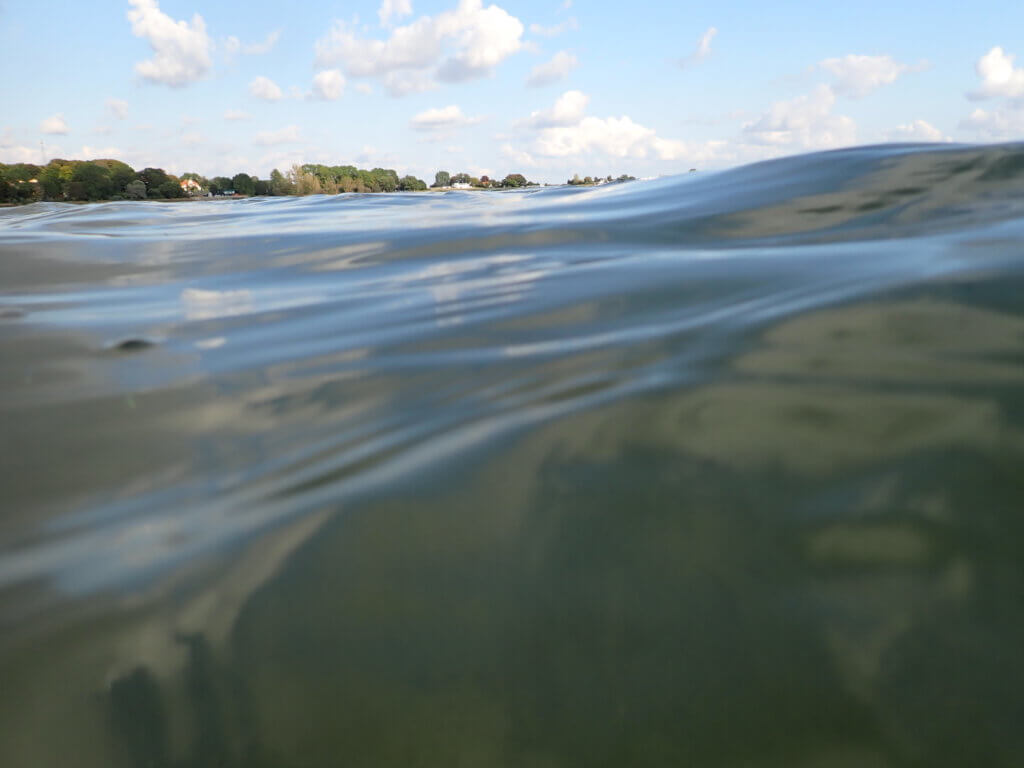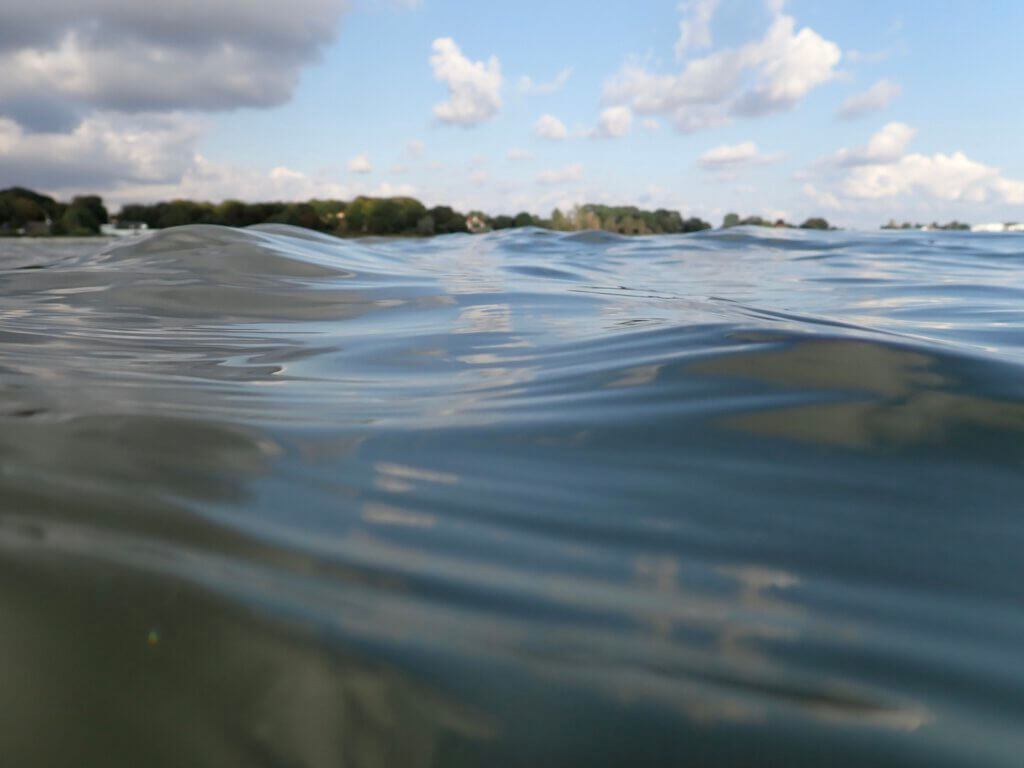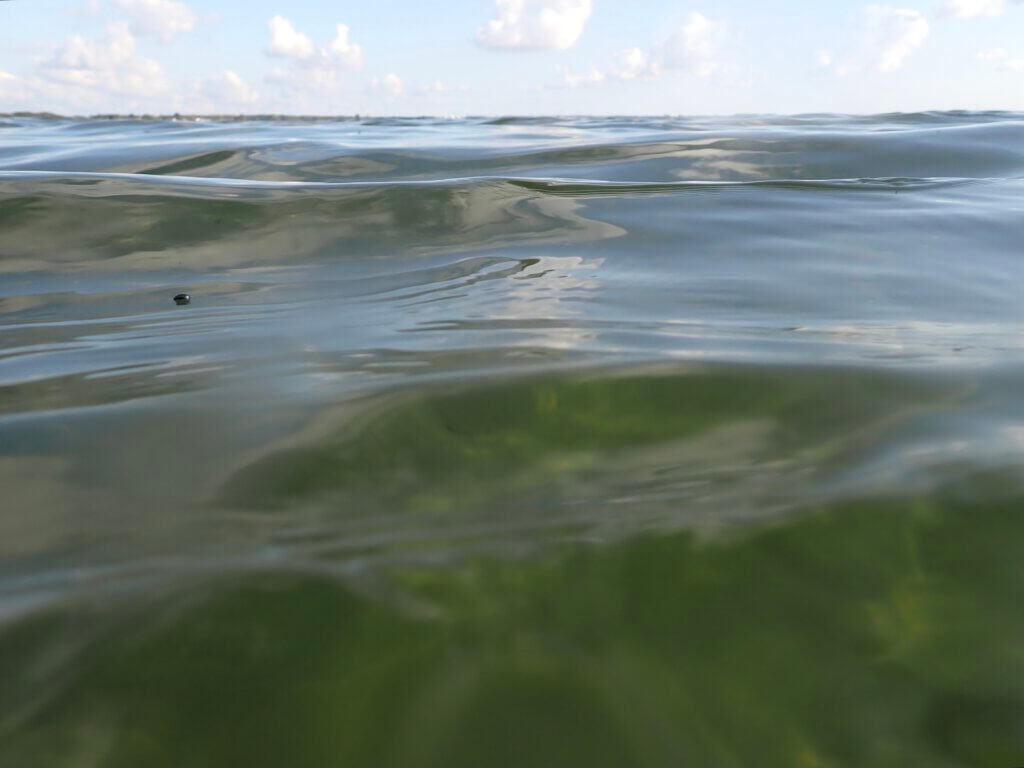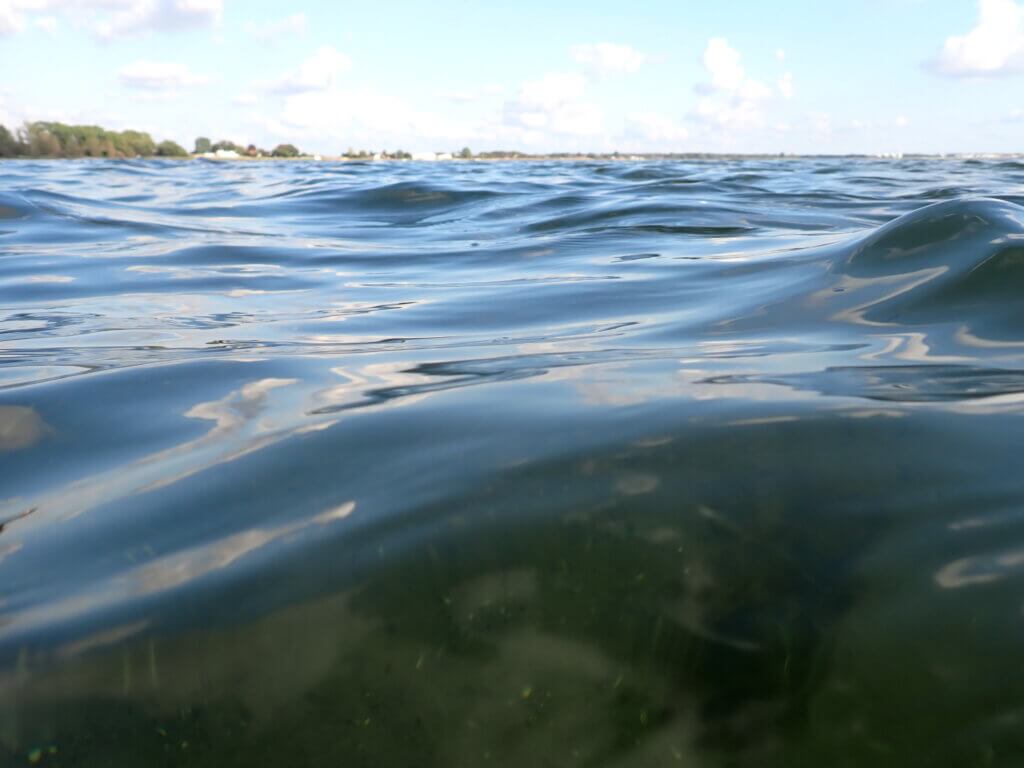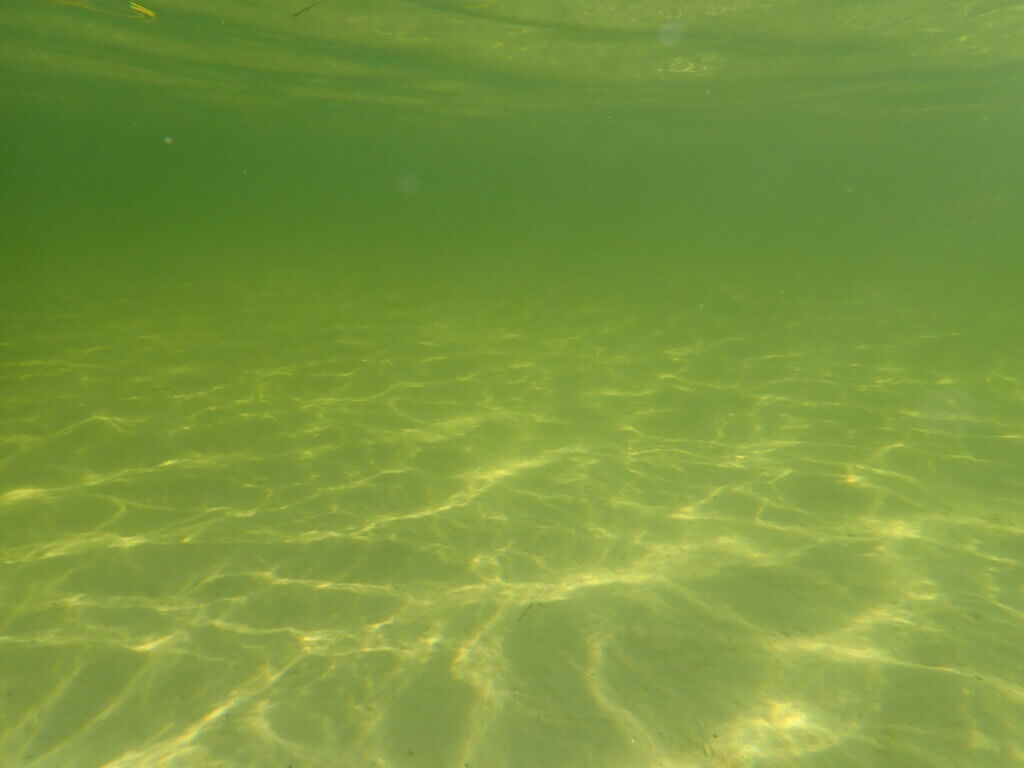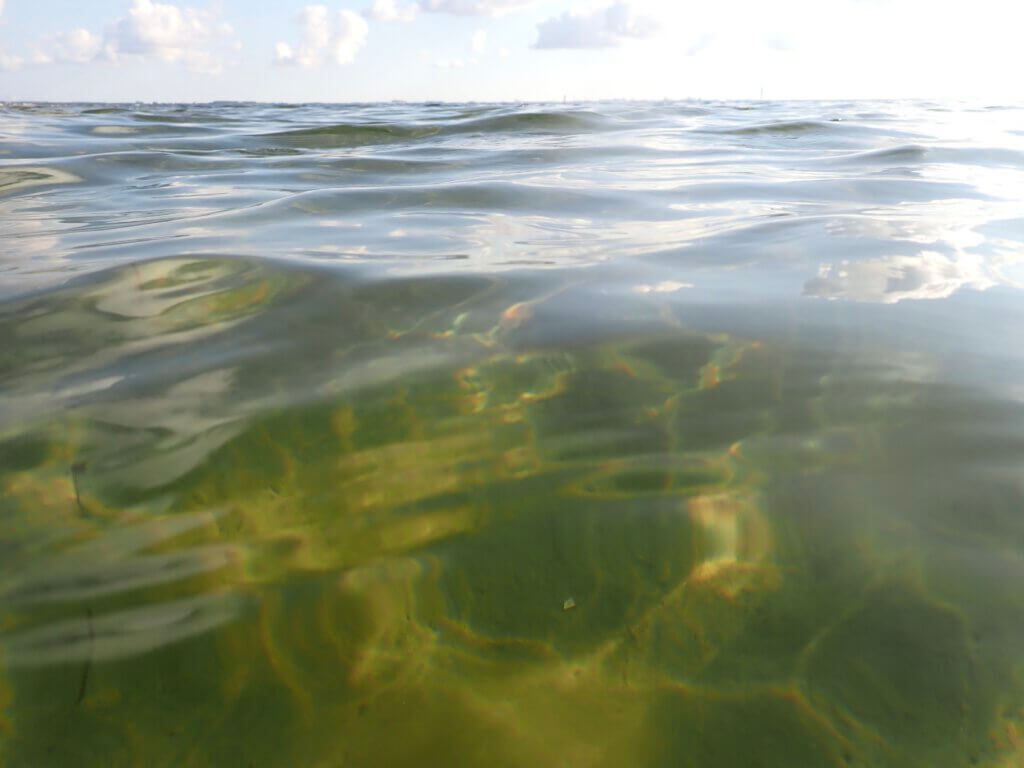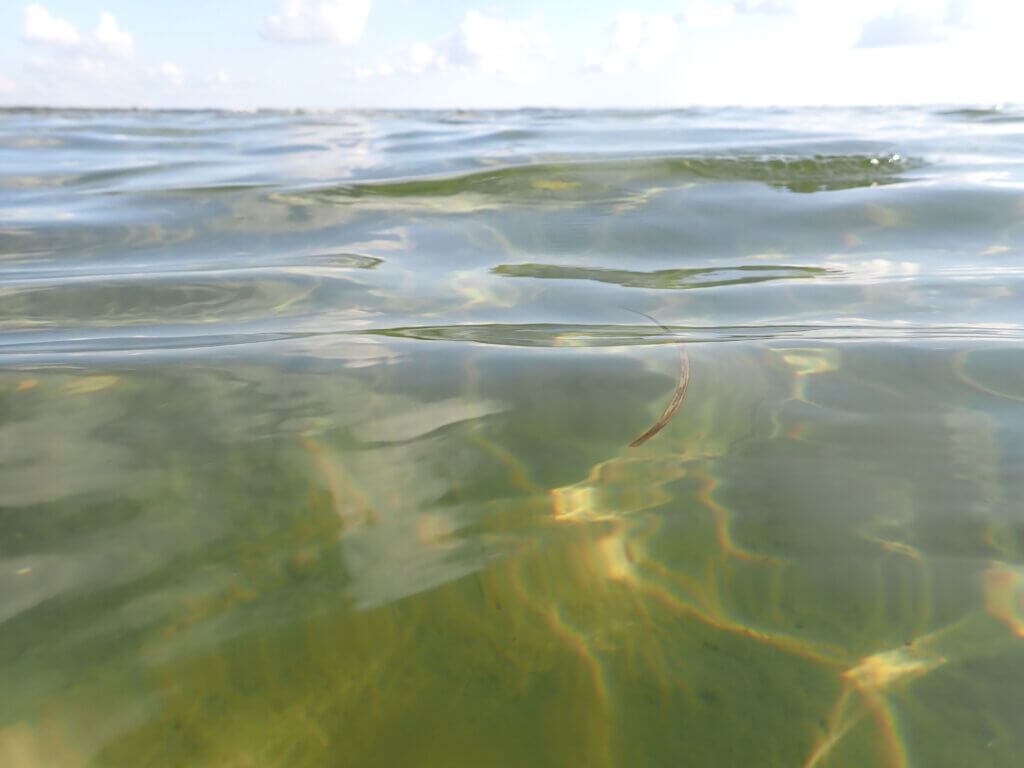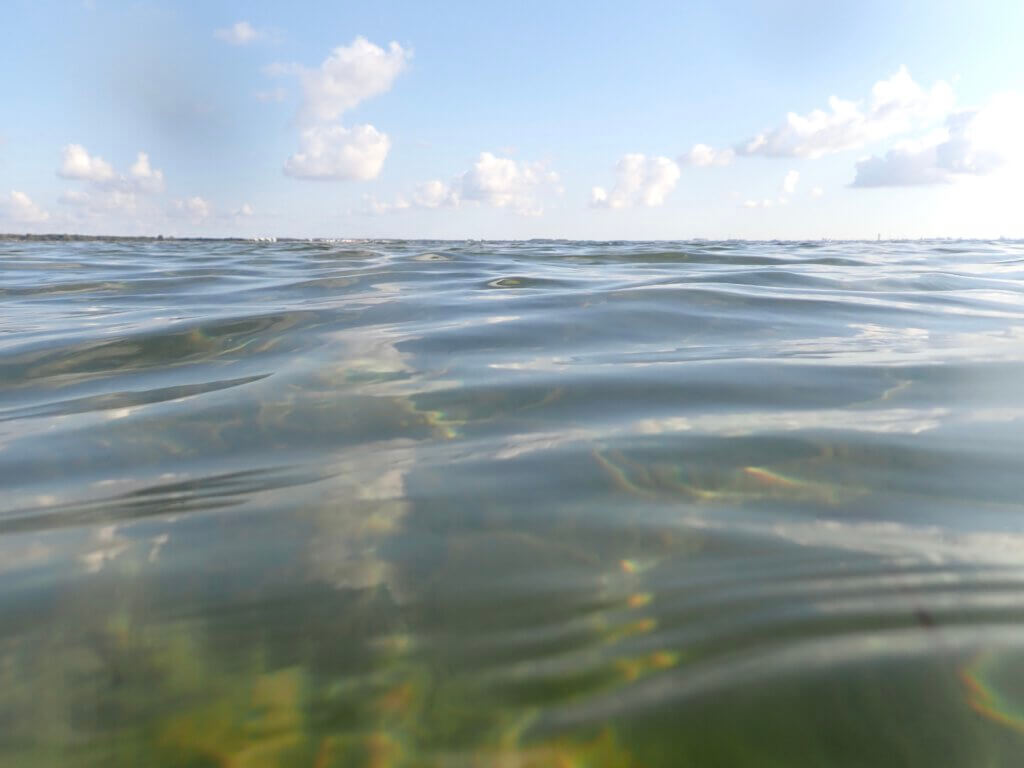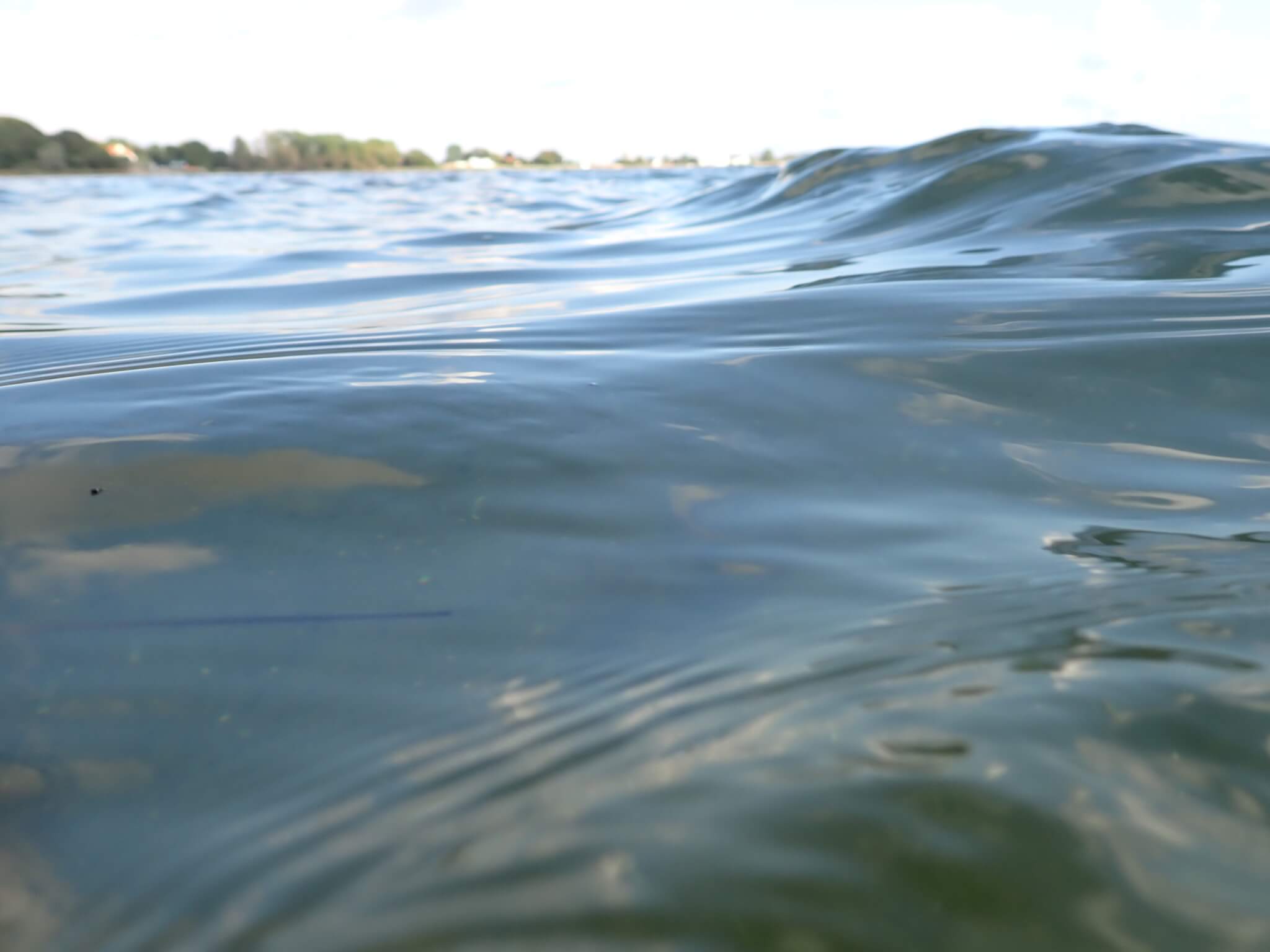
Currently reading Eklöf & Klöckner (2025) on “Helping young people cope with eco-anxiety: a qualitative intervention study”
A lot of young people experience eco-anxiety (and old people, too, but they are not the focus of this study; but see here some numbers from Marlis’ recent talk). There are a lot of suggestions on how to cope with eco-anxiety (see the same blogpost, and also the models by Pikala, or the Hope Wheel, or others), usually combining problem-focussed coping (addressing the source of the problem), emotion-focussed coping (regulating the emotions themselves rather than the source), and social-focussed coping (connecting with others), as well as possibly meaning-focussed coping (trying to find a sense of purpose). Eklöf & Klöckner (2025) now investigate what things look like in practice both for participants and instructors, and what actually works.
Eklöf & Klöckner (2025) investigate an after-school program that consists of five 60-90 min sessions with the aim of helping students deal with eco-anxiety. The session focussed on emotion-focussed and individual and collective problem-focussed coping, social support and self-care. In semi-structured interviews after the intervention, they find 6 main themes:
- Participants recognised that negative emotions are not something to push away and overcome, that they are meaningful and valid in themselves, and also that strong emotions pass over time. They are also much better at verbalising their emotions.
- Participants also really appreciated the connections they formed during group discussions, where they realised they were not alone in how they felt.
- Both participants and practitioners report that learning about collective (more so than individual) action felt empowering (but, as the authors point out, a too strong focus on action also carries the risk of burnout)
- Participants experienced difficulties with transfer of what they were learning into real life, since it was a long time between meetings and there weren’t, in their perception, enough reminders, tools, homework, future action planning to help transfer (the authors note though that since this would increase the demands on participants, it might also lead to higher drop-out)
- Both participants and practitioners note how difficult it is to sit with difficult emotions without jumping to problem-solving (both regarding the cause for eco-anxiety, but also observing difficult emotions in others)
- Participants and practitioners mention that participants come with a wide range of emotions, and therefore wildely different coping-needs and motivations
In their conclusions, Eklöf & Klöckner (2025) include a call to action: “we argue that it is crucial to recognize that the most effective way to support young people with eco-anxiety is through urgent and transformative climate action—not only by decision-makers and governments but also by all adults who serve as role models and guide future generations“.
Eklöf, B., & Klöckner, C. A. (2025). Helping young people cope with eco-anxiety: a qualitative intervention study. Environmental Education Research, 1-19.
…and some wave watching pics for you! :-)
